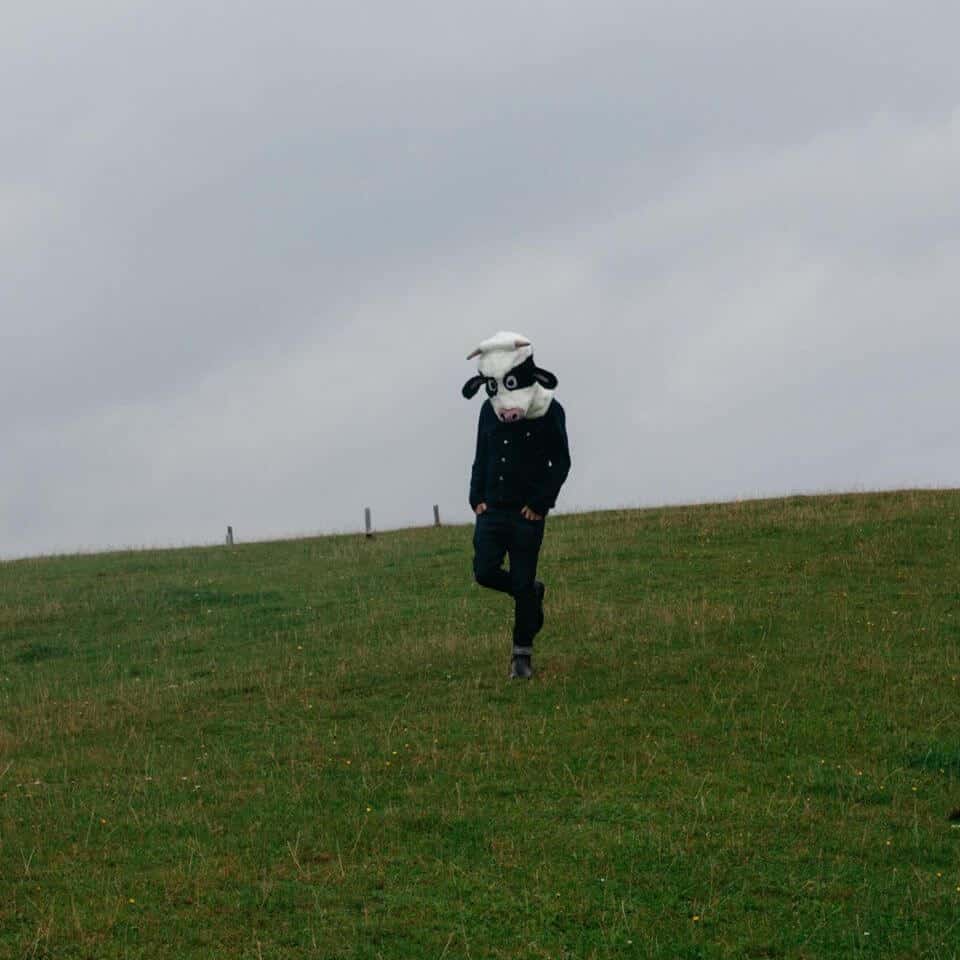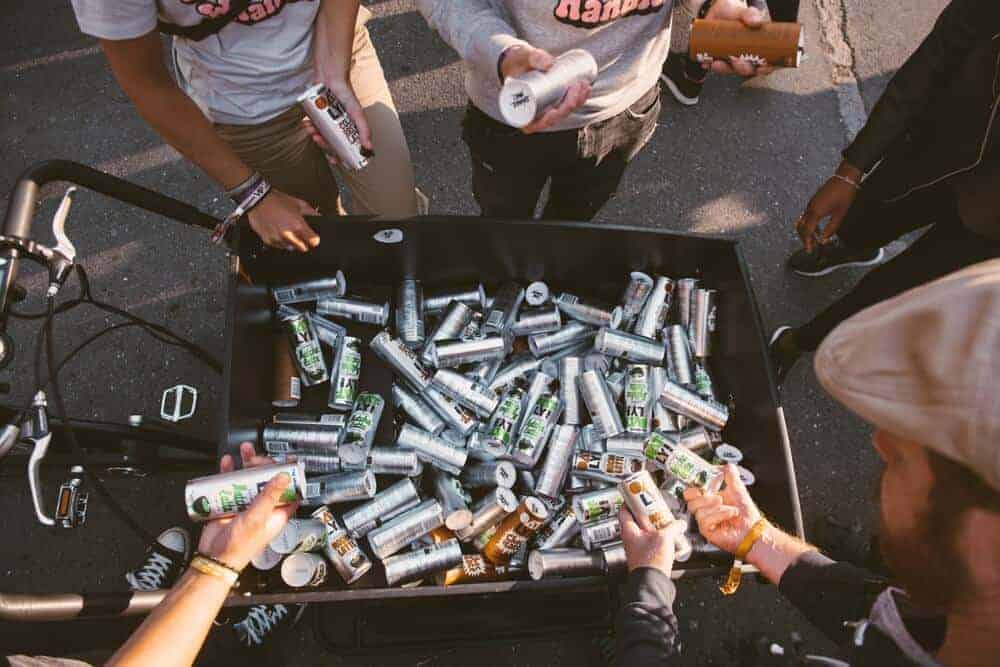Here, Sustainability Manager Carina Tollmar from Swedish Oat drink pioneer Oatly speaks to vegconomist about their transfarmation campaign helping farmers transition to the cultivation of plant crops, as farmers around the world increasingly have to look towards more sustainable methods of agriculture.
Oatly is a sustainable brand that considers that we are in a “Post Milk Generation”. Other plant milk brands such as Hälsa are also assisting farmers to move away from animal agriculture. Could it be true that we are truly moving towards a post-milk era? Ms. Tollmar explains Oatly’s approach and future plans.
How does Oatly support transitioning farms more to plant-based food?
We see the need for the transition from animal-based to more plant-based foods for both the sake of human health and the health of our planet. At the same time, we understand that it’s a huge challenge for farmers to take on this transition, changing the current way of production, both in terms of financial aspects as well as knowledge and culture/tradition. We feel there is a need for more knowledge on how farmers best can do this transition, from animal-based to plant-based, and to see what kind of support is needed.

Therefore, our way of supporting farmers is to learn more and try to understand the underlying factors for obstacles and challenges when it comes to making the transition from animal-based to plant-based, and then trying to find the solutions needed to overcome them. We are doing this by taking part in a Swedish case study where 10 animal farmers are contributing with their knowledge, experience, and a willingness to investigate the impact of diversifying their farms towards more crops for human consumption. Part of our contribution is buying oats from the farmers in the case study that are interested in trying to grow oats for human consumption, and also to help finance the time the farmers contribute to the project.
(This project is aiming at increasing knowledge about the effects of transition, and hopefully will give some good background information and results, leading to new EU policy guidelines for how to decrease the climate impact of farming by transitioning to plant-based, as the case study is a part of an European Union’s H2020 research and innovation programme.)
Since we have a growing plant-based business, we also contribute by buying/purchasing increasing amounts of mainly oats but also other plantbased ingredients.

How many farmers are involved now?
There are ten farmers engaged in the Swedish case study right now, and we have done a one-farmer pilot beforehand, so in total 11 farmers are engaged in our projects right now. The project is however creating interest amongst other farmers and we have been contacted by more farmers wanting to learn more about the project.
What are the results of the transition (feed how many people before and after / climate emission reduction…)?
We are still to evaluate the results – the farmers were signed up last year, and 2019 was used to collect farm data for 2019 and on some farms a couple of more years back. This year is the year where farmers have changed their production a bit, and the calculations are ongoing. It differs a lot between the different farms since they all have very different prerequisites, and different potentials to make changes from one year to another, but all of that is part of our learnings. On the pilot farm, we got a threefold increase in the number of people that could be supplied with food in a year from the farm when increasing percentage of crops for human consumption from 10 to 26 %, at the same time as landuse decreased by 50 % and greenhouse gas emissions went down by 60 % per person supplied with food.

What are your further transition plans?
We are going to work to decrease the obstacles we identify in the case study. Exactly how remains to be evaluated within the project, but risk sharing for trying new crops is likely to be one part of it.
What does it mean when Oatly says that the company wants to be a “catalyst”?
It is a lot about challenging and trying out new ways to try to build sustainable businesses – some trials will fail but some will succeed and will hopefully inspire others – that is being a catalyst for a positive change. To be a catalyst, you have to dare to try new ways of working.





